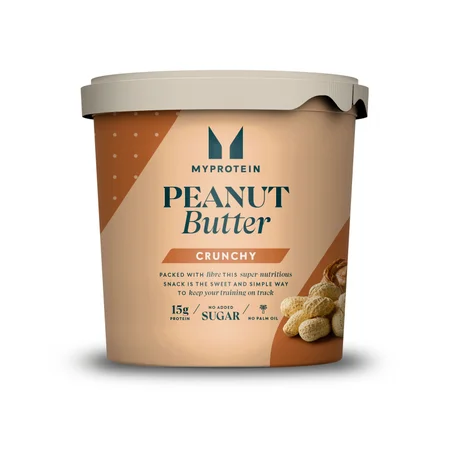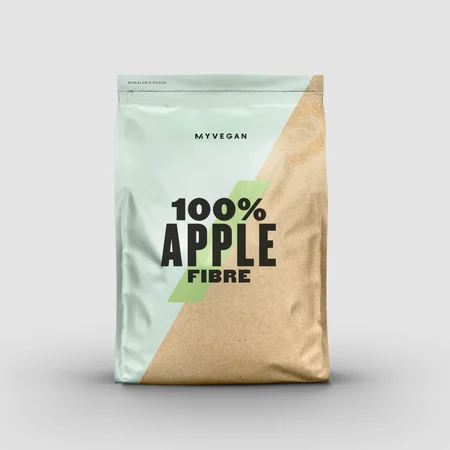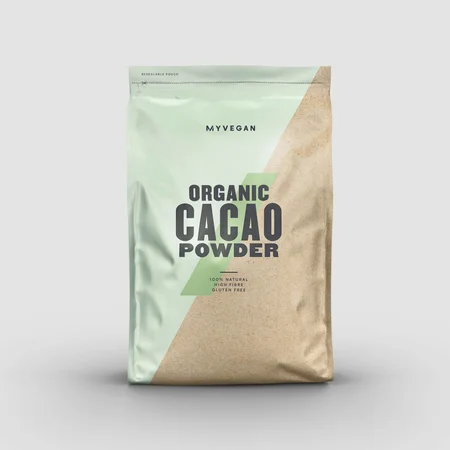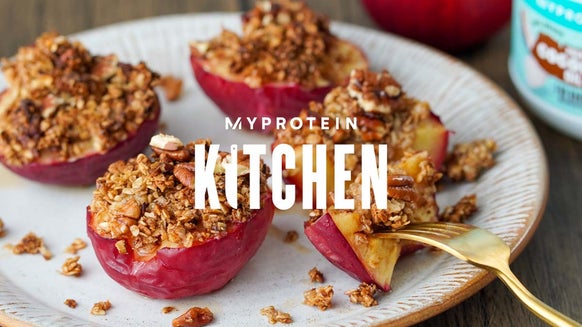What is Dietary Fibre? | 23 High Fibre Foods

- What is dietary fibre?
- What are the benefits of dietary fibre?
- How much fibre do I need?
- 23 High fibre foods

What is dietary fibre?
When you see dietary fibre on a food label, it refers to a group of indigestible carbohydrates found in plant foods like fruits, vegetables, whole grains, beans, and pulses. There are several different categories of complex compounds that are classified as dietary fibre, including:1
Polysaccharides Lignin Inulin - Resistant starches
Fibre is often categorised into two different types: soluble and insoluble fibre. Soluble fibres are fermented in the gut while insoluble fibres add bulk with limited fermentation.
What are the benefits of dietary fibre?
There are many health benefits of dietary fibre, and most are related to its indigestibility by the gut. High levels of fibre intake are linked with a reduced risk of many chronic health issues. High fibre diets may be linked to the following benefits:
Heart health
High levels of fibre in the diet (especially from whole grains) have shown a positive impact on cholesterol levels, blood pressure, and risk of heart disease.2,3
Insulin and blood sugar control
Research supports a lower risk of blood sugar control related issues and insulin sensitivity4
Weight loss
Many studies show links of high fibre diets and successful weight loss; fibre digests slowly, which can help us feel full and prevent overeating1,4
Healthy digestion
Soluble fibre can slow digestion and keep us feeling fuller, longer, while insoluble fibre can speed up digestion. Fermentable (or soluble) fibres support the healthy bacteria in our gut and insoluble fibres help support regularity.1
Immune system health
Fermentation of soluble fibre in the gut leads to high levels of bifidobacteria, which stimulates the immune system.5
How much fibre do I need?
Adults need approximately 14g of fibre per 1000 calories in their diet. This equivalates to an average of 35g per day for men at 25g per day for women. If you’re currently eating significantly less than the target amount, aim to increase your fibre intake slowly over a few weeks' time to avoid any digestive upset.
23 High fibre foods
Beans Broccoli Popcorn Apples Pears Potatoes Avocados Artichokes Nuts Seeds Berries Bananas Avocado Oranges Celery Brussels Sprouts Cauliflower Cabbage Barley Oats Quinoa Brown Rice - Peas

Take home message
READ THESE NEXT:

Claire is a Registered Dietitian through the Academy of Nutrition and Dietetics and a board-certified Health and Wellness Coach through the International Consortium for Health and Wellness Coaching. She has a Bachelor of Science in Biology and a Master’s degree in Clinical Dietetics and Nutrition from the University of Pittsburgh.
Talking and writing about food and fitness is at the heart of Claire’s ethos as she loves to use her experience to help others meet their health and wellness goals.
Claire is also a certified indoor cycling instructor and loves the mental and physical boost she gets from regular runs and yoga classes. When she’s not keeping fit herself, she’s cheering on her hometown’s sports teams in Pittsburgh, or cooking for her family in the kitchen.
Find out more about Claire’s experience here.
- Anderson, J. W., Baird, P., Davis, R. H., Ferreri, S., Knudtson, M., Koraym, A., … & Williams, C. L. (2009). Health benefits of dietary fiber. Nutrition reviews, 67(4), 188-205.
- Liu, S., Stampfer, M. J., Hu, F. B., Giovannucci, E., Rimm, E., Manson, J. E., … & Willett, W. C. (1999). Whole-grain consumption and risk of coronary heart disease: results from the Nurses’ Health Study. The American journal of clinical nutrition, 70(3), 412-419.
- Brown, L., Rosner, B., Willett, W. W., & Sacks, F. M. (1999). Cholesterol-lowering effects of dietary fiber: a meta-analysis. The American journal of clinical nutrition, 69(1), 30-42.
- Anderson JW . Dietary fiber and associated phytochemicals in prevention and reversal of diabetes. In: Pasupuleti VK Anderson JW, eds. Nutraceuticals, Glycemic Health and Type 2 Diabetes. Ames, Iowa: Blackwell Publishing Professional; 2008:111–142.
- Vos, A. P., M’rabet, L., Stahl, B., Boehm, G., & Garssen, J. (2007). Immune-modulatory effects and potential working mechanisms of orally applied nondigestible carbohydrates. Critical Reviews™ in Immunology, 27(2).
- You, A. (2015). Dietary guidelines for Americans. US Department of Health and Human Services and US Department of Agriculture.










